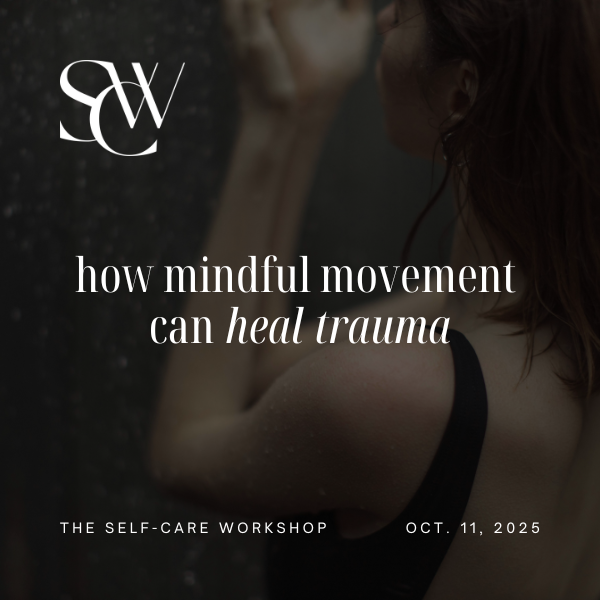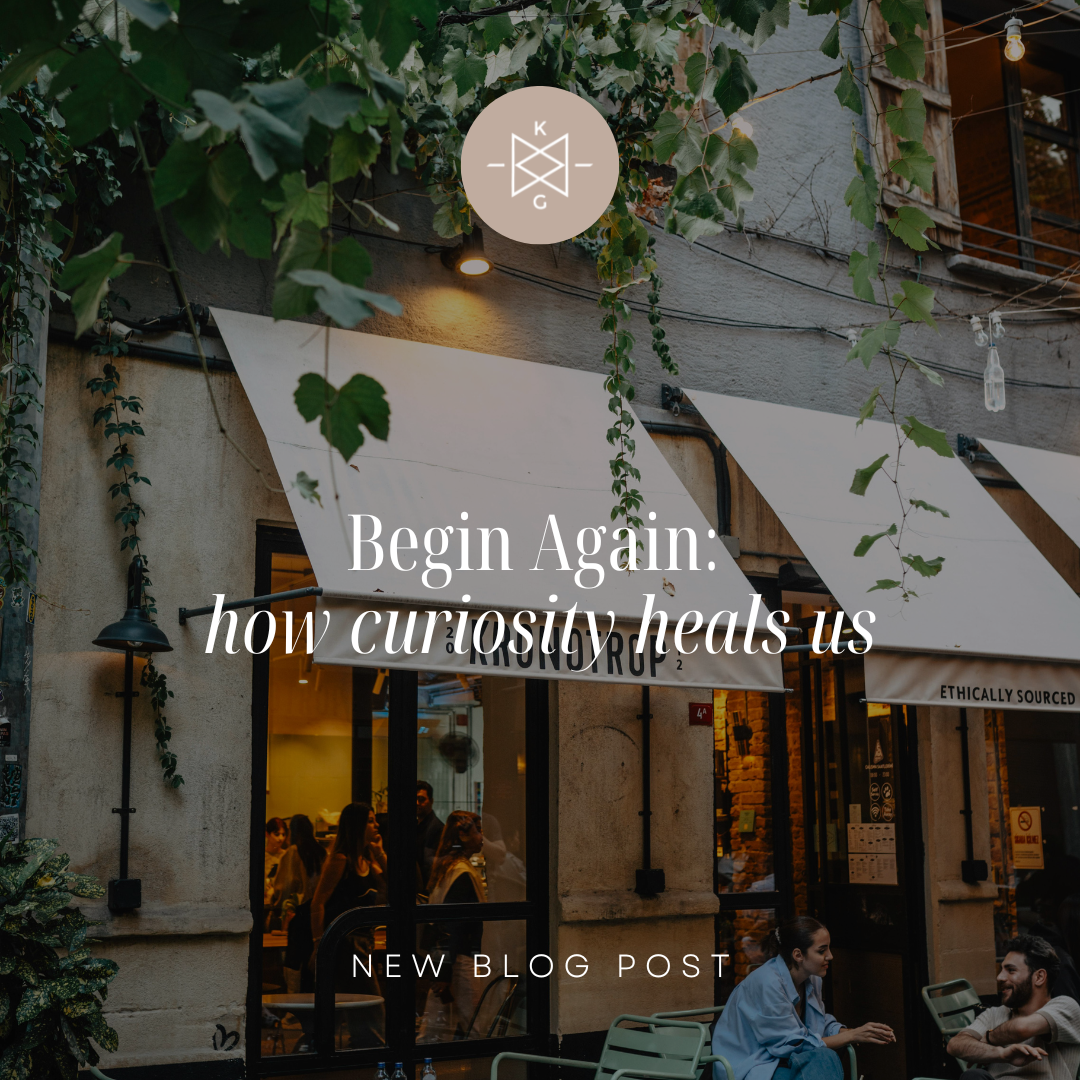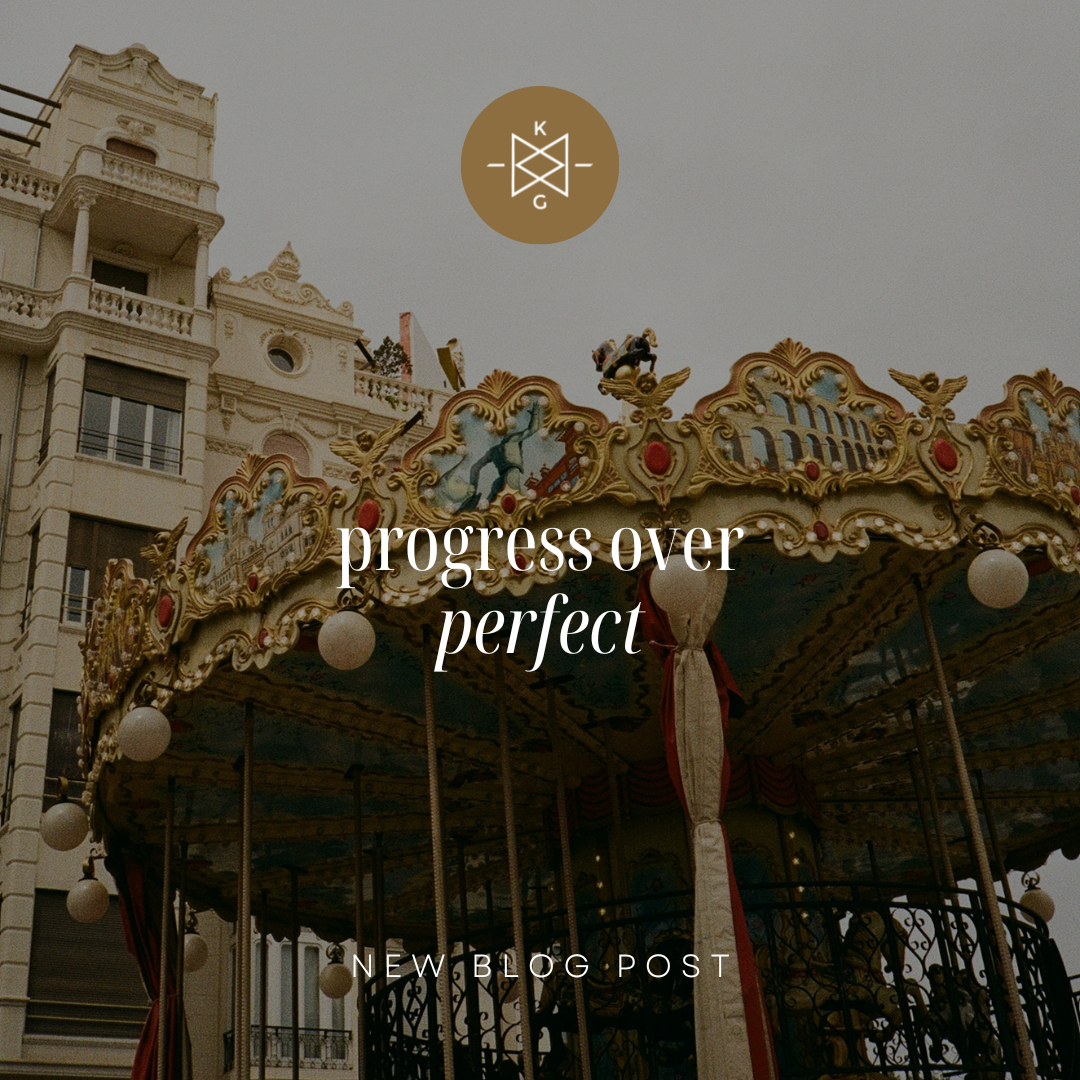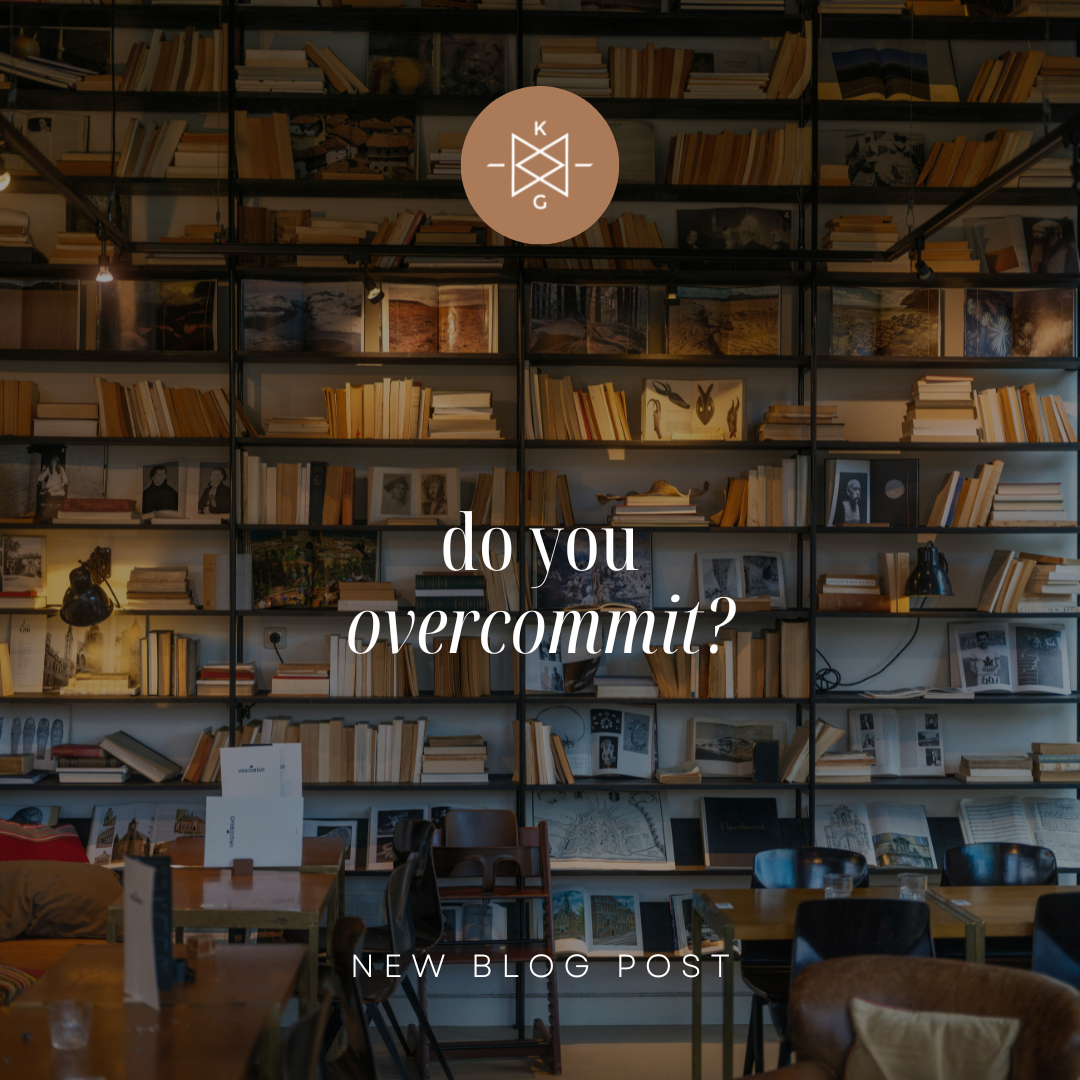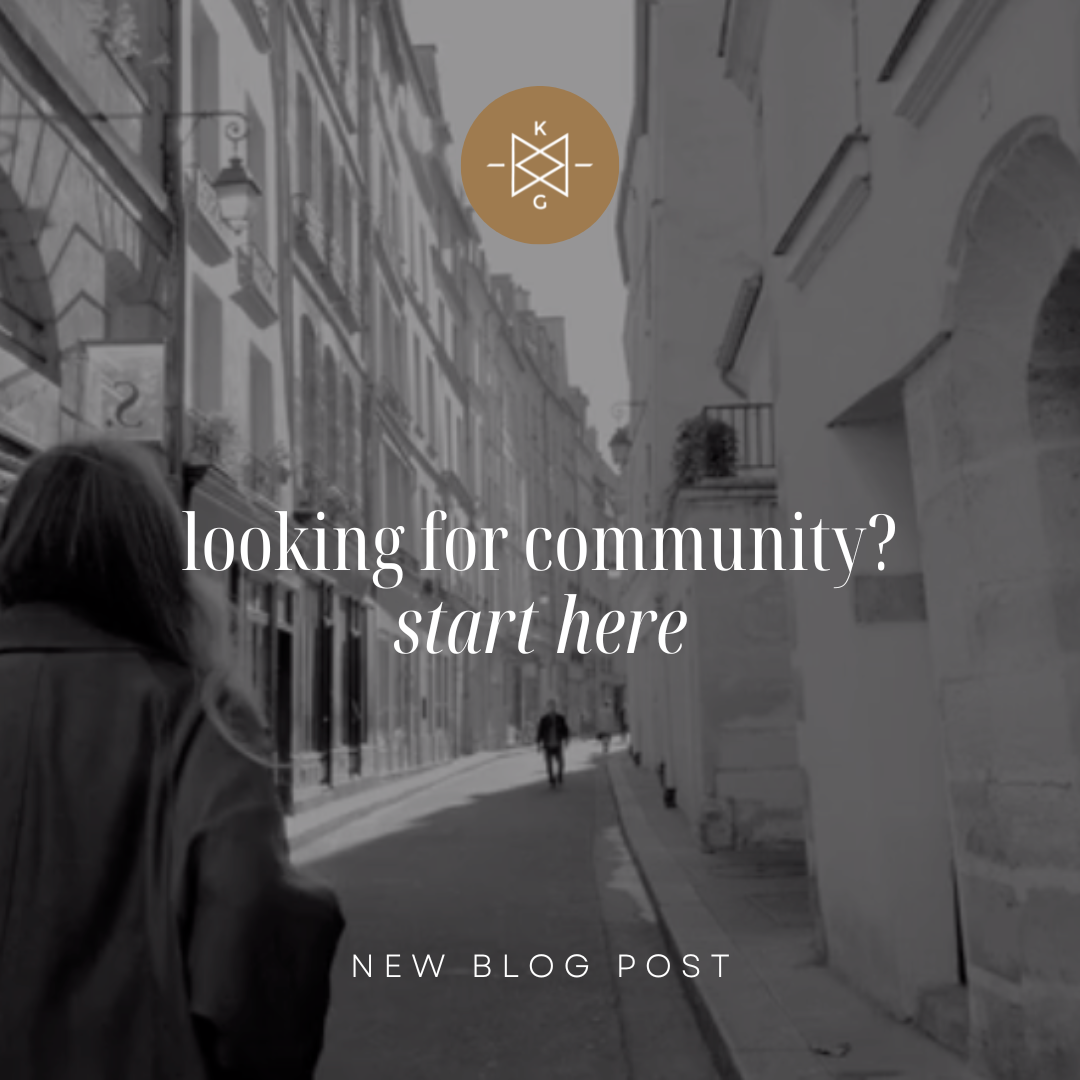
The Blog
Recently Featured
All Blogs
Dancing With Shadows
“What you resist, persists.”
Carl Jung
I grew up in the crown jewel of the deep south, Mobile, AL. We did many strange things like take ballroom dancing in fifth grade. Yes, you heard me, fifth grade. It was hands down the most awkward thing I’d experienced until then, and I’ve always felt at home on a dance floor.
This was different though. Kids from a couple neighboring schools would gather on a Thursday night at 5 o’clock in a big gymnasium at St. Ignatius Catholic church and learn all the old-school couples' dances like the fox trot, waltz, and others I’ve purposely erased from my memory. The most unbearable part of it wasn’t learning the dances, it was learning the dances with the boys. They were hyper, smelly, and had no rhythm. They also thought they were beyond cool. Ya’ll, it was torture. My favorite part of the night was when I spotted my mom’s minivan headlights in the carpool line. She’d swoop in and pick me up and then we’d proceed to Checkers for the long-awaited chocolate milkshake(s). I had to take the edge off somehow.
Learning to dance with our shadow, or shameful parts, can feel just as unpleasant. Oh you’ve got them too, I promise. They are those parts of us we’d rather not talk about. In fact, we try desperately to hide them from the world around us. They are the parts of you that you swear, if someone saw, they’d ultimately reject. It might cost you their affection—their acceptance. You'd be exposed…and deemed unloveable.
For so long, I tried to hide and change the fact that I was a quiet observer as opposed to the popular party girl. Large groups of girls made me uncomfortable. I absolutely hated summer camp, gossip, and sleep-overs. I followed southern suit and joined a sorority in college, but it was really more for my mother than for me. Eventually, I dropped out but nearly died trying to show up and fit in. I’d much rather hang with my older friend, Liz. We’d smoke Marlboro lights, listen to Dave Matthews, and talk about evolved things like boys, music, and what we dreamed of doing when we “grew up.”
More recently in my late thirties, I’ve felt shame around not taking the traditional route as a stay-at-home mom. Instead, I’ve chosen, albeit indirectly, to focus on my career, (or that’s what I tell myself and others). At 39, I may or may not ever be a mother of children. Even though the ballot’s still out, this feels a bit shameful to me. Regardless, I build up the more admirable, palatable case that, “I’ve chosen to build out other areas of my life.” It feels cleaner—safer. At the core, however, this is really my shadow part and her name is inadequacy. I’ve never really cared for her.
What are the shadow parts you’d rather forget about? Is it depression, body shame, singleness, or even sexual trauma as a child? If so, I can fully resonate with you. Guess what? Just like the smelly boys at ballroom, we’ve got to learn to lean in, let go, and learn to dance with them.
One of my favorite concepts in self-development is integration. This feels incredibly expansive and powerful to me. The less compartmentalized, or fragmented we are, the more integrated and whole we will become. Just as we are made up of hundreds of different body parts, muscles, and organs, we also have so many different parts of our emotional, relational, and creative beings.
Oftentimes in therapy sessions with clients, these parts come up. Take anxiety for example. Anxiety is an emotion, or part of us that can be immobilizing. The common misconception is in order to deal with anxiety, we must numb, fix, or run from it. But anxiety is really just a shadow part of us that needs compassion and understanding just like, say, the creative part of us. When we stuff our anxiety and try to avoid it, we really just give it more power and as a result, create imbalance.
What might dancing with this anxious shadow look like? Well, first we must listen to and get to know it. This allows us to cultivate empathy for that anxious part of us. After all, she has been working overtime for a while now to keep us performing, staying safe and “on the ball.”
Shadow work is really a reckoning with parts of ourselves we’ve misjudged for a long time. The payoff is wholeness—flow. It’s realizing those parts we’ve been hiding for so long aren’t so terrible after all. In fact, they end up being the best parts because they are the most loving, consistent teachers.
That anxious part of you desperately wants you to see her for who she really is: someone who deeply cares about your future yet may go about it clumsily. She wants you to sit with her, commune with her, and realize the worst thing that can happen isn’t so bad in the end because you have other resilient parts of you that can step in and take over when she needs to sit the next song out.
Second, simply take a minute and visualize the part of you that you dislike, a lot. Perhaps you feel guilty about this part or constantly judge her. What does she look like? What is she doing? How does she seem? In the same minute, take one step towards her… then another, and another. You left her alone a long time ago and she feels abandoned, even scared. She knows you dislike her but she desperately longs to know you and play on the same team. She needs you big time.
If this feels completely terrifying, it should. Your brain is freaking out because it has no idea what it’s doing. Hang in there though, this is perhaps the most life-giving work you’ve ever done. Dancing with strangers or smelly boys is probably not on your bucket list. But I bet I know what is…
To be loved…fully.
Love & Gratitude,
Katie
Reaction Formation
“Between the stimulus and the response there is a space. In that space, there lies your freedom and power.”
-Victor Frankl
Back in May, I attended an Enneagram retreat led by Ian Cron, author, Enneagram Jedi, songwriter, priest, and therapist. (Yeah, he’s a real bump on a log.) It’s taken me nearly a month to fully unpack it… SO good. I consider myself an Enneagram enthusiast. I’m no expert, yet I’m eager to grow that base of knowledge because I still feel, after a decade of self-study and implementation, it is the most powerful tool for self-understanding and transformation we have. Ian took around forty of us deeper into the tool over the course of two and a half days, and I’m beyond grateful for the new and powerful insight gleaned.
One of the many golden nuggets I walked away with was the above Victor Frankl quote. It kills me. I sincerely believe that most of our perceived problems would dissolve if we cultivated, or grew, that space between what life throws at us and how we respond. Let’s stop right there. Even just the word “respond” is generous. I tend to default to cruise-control living more days than not, reacting out of emotion instead of responding out of presence. Why? Because the space between the stimulus and response is so stinking small! What is not so small, however, is the old ego blaring at full-volume when I live like this.
For example, let’s look at a scenario we can all relate to—traffic. If you live in a large-ish city like Nashville (especially in the last 2-3 years), chances are, you have been tweaked by traffic. One of my absolute biggest pet peeves is when I’m stopped at a four-way stop and instead of obeying traffic laws, people try to be sweet and “let you go” when it’s not your turn. I’m all for southern charm and hospitality, but somebody’s going to get hurt if we all play nice instead of following the basic order.
This happened the other day. A well-meaning lady in a heavy black sedan with red lipstick and statement earrings sat across from me at a four-way stop. It was her turn to go. She flashed a toothy grin my way and waved her hand for me to go. I mean come ON. I played along but rolled my eyes and may have even shrugged my shoulders very dramatically. Small space alert! I reacted out of frustration instead of responding from curiosity and openness. Ew.
I was also asleep in trans, living out of a really crappy story that read something like this, “Why are people so lame? She should see traffic laws (and life for that matter) the way I do.”
Zero compassion. Zero patience. Bags of judgement.
Sure, anger was at the surface. But guess what was really going on underneath that jagged reaction? The real underlying story was fear. It went something like this, “Things won’t work out unless I try to control them.”
Do you have a particular narrative that gets you into trouble?
Here’s some good news: the thing that separates us as humans from animals is the ability to make up stories. We’ve also been given the glorious gift of imagination in order to write them well. Guess what we need in order to write good and truthful stories? We need space. Why? Because we write best out of stillness, not chaos. Also, because reactionary, fear-based living will drive us mad (and others away).
If you and I are courageous enough to sit in that space, feel our feelings, and simply observe the moment at hand, we have stepped out of ego— the need for control—and into the freedom of essence. By essence, I’m referring to the loving, open, and authentic “true self.”
From that space, you create meaning, thought, feeling, and action that is powerful beyond belief. This is the space where you get to use your God-given gift to write really compelling stories.
This all sounds so lovely and airy-fairy, but how do we grow that space and find our freedom— our power?
Meditation is the most effective tool I’ve found to cultivate the inner observer, or witness, we all have, yet tend to neglect. Any mindful awareness exercise or guided breathing and meditation allow us to relate to our thoughts and experiences in a softer, more open way. Most importantly, it broadens the space and cushions the fall when life throws us the inevitable curveballs.
Yes, it feels boring, uncomfortable, and frustrating at first, but after a while, you will start to crave it. If you’d like to deepen your own practice or learn more, I’d recommend a guided meditation app such as Headspace or Calm.
We are spirit beings living in a physical world. It’s time we tend to that pure, loving part of us in order to create some distance between how we experience the world and how we respond. Your imagination is your MVP here. Break it open. Look around. Make a home.
Stay awhile.
“The opposite of home is not distance, but forgetfulness.”
- Elie Wiesel
Love & Gratitude,
Katie
